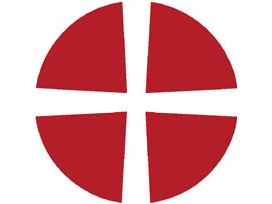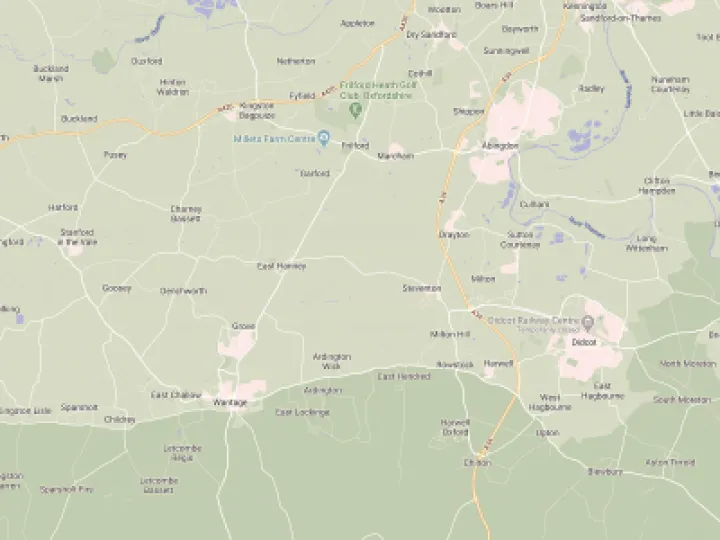Masks
Masks -- a reflection from Local Preacher Stephen Atkinson
Masks
{I call heaven and earth to witness against you today that I have set before you life and death, blessings and curses. Choose life so that you and your descendants may live, loving the LORD your God, obeying him, and holding fast to him; for that means life to you and length of days, so that you may live in the land that
the LORD swore to give to your ancestors, to Abraham, to Isaac, and to Jacob}. Deuteronomy 30:19-20
Ruth has been making masks, sixty nine so far, and still counting, all cut out and sown in four layers, using material from a wide variety of garments of different colours and patterns.
As I put it to her, we're expected to wear our T shirts round our mouths and our armpits up our noses.
Sewing can be a perilous business.
One morning, as I moved a chair back under the table, the sowing machine leaped into action within millimetres of Ruth's fingers. Having recovered from the shock, we discovered one leg of the chair sitting on the foot control.
Masks get a bad press in the bible, in the few places where they are expressly mentioned. Job speaks of the adulterer who waits for twilight saying, 'No eye will behold me', and then puts a cover on his face. There are indirect references to masking one's face, disguising wrong, hiding truth.
Through the ages masks have been associated with ritual, war and the world of spirits and festivity. But these days the mask has a concrete purpose which ought to redress the balance of its reputation.
I used to assume that mask-wearing groups of tourists, often from the far-east, covered their faces for protection from polluted air. I realise now that the practice is also an act of generosity: it seems that a mask gives more protection from disease to passers-by than to the person who wears it.
The choice to wear a mask (for as long as it remains a choice) is just one unlikely way in which we can confer a blessing on other people.
It is a simple, down-to-earth act of thoughtfulness, which can be done in a spirit that we may call 'sacramental'. Christianity is a sacramental religion, which means that God speaks to us through the ordinary, tangible and perceptible things of our world, the world that God has redeemed in our midst.
John the Baptist calls his generation to turn to God for forgiveness and marks their repentance by immersion in the waters of the Jordan. Two disciples travel to Emmaus in the company of a stranger, and when he breaks the bread for supper are astounded to find themselves in Jesus' presence.
Water as a sign of repentance, bread and wine in remembrance of Jesus' last supper; in these ordinary things the church recognises special signs of God's grace: grace conferred in special rites of the church that we call sacraments. But apart from the sacraments, other things may be called sacramental.
A woman wanders in a garden, lost, inconsolable because Jesus is dead. She is astounded to find herself in his presence when one she has taken to be the gardener whispers her name.
Sometimes ordinary things bring unexpected blessings; hearing our name spoken by someone we hardly know; gazing into the upper arms of a beech tree; finding our values challenged by something we read; catching the evening song of the blackbird.
Ordinary things may leave us feeling that whatever happens now or in the future, we are blessed by God and are called to be a source of blessing for others.
The ordinary act of wearing a mask may be a sign of God's grace, something sacramental, for it confers a blessing on other people through simple generosity.
Even where the law requires us to wear a mask, we may choose to do it in a generous spirit.
Daily life brings choices, and by making choices that bring blessings on other people, we choose life.


